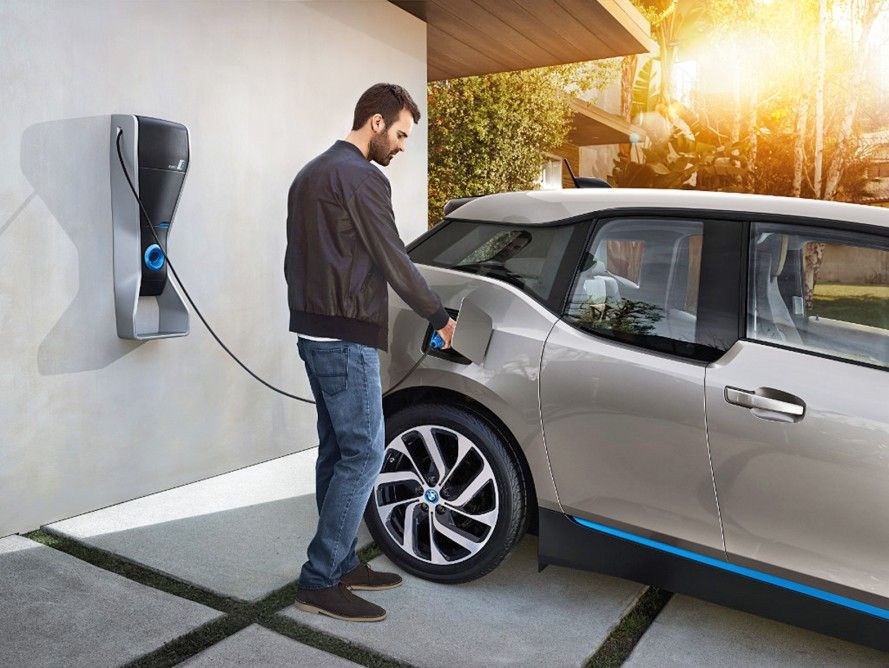Brighter Side of News
5d
28

Image Credit: Brighter Side of News
Scientists caution against charging electric vehicles at home overnight
- The rapid growth in electric vehicles (EVs) implies the need to modernize the power grid to meet charging demands.
- A study from Stanford University warns against current overnight home charging practices due to grid strain.
- Shifting to daytime charging, especially from solar energy, could alleviate stress on the grid and reduce emissions.
- Policymakers are urged to incentivize daytime charging and invest in workplace charging infrastructure.
- California's surplus solar energy could be utilized to charge EVs, reducing reliance on natural gas.
- Changes in EV charging habits in one region impact the entire interconnected electric grid system.
- Daytime charging strategies offer grid-level benefits and reduce the need for extensive energy storage.
- Transitioning to workplace charging could significantly decrease energy storage requirements but necessitates investment.
- Achieving California's ambitious EV goals demands coordinated policy measures to expand charging infrastructure.
- Optimizing EV charging behaviors and infrastructure can enhance the transition to electric mobility and decarbonization.
Read Full Article
1 Like
For uninterrupted reading, download the app